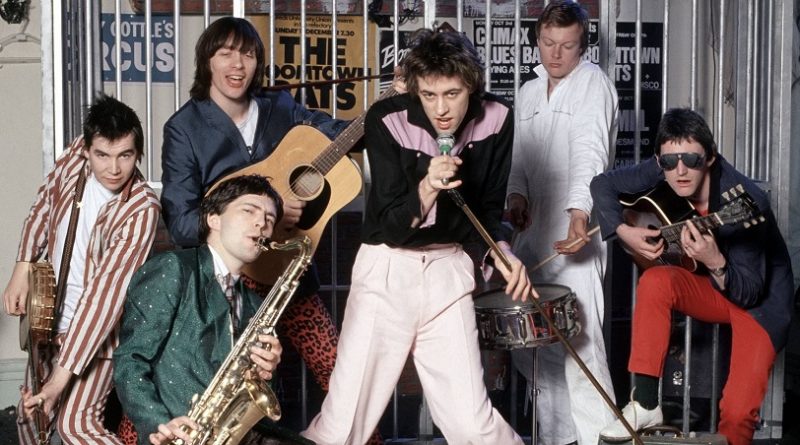“I Don’t Like Mondays” – The Boomtown Rats

“I Don’t Like Mondays” is a song by The Boomtown Rats, released in 1979 on their album The Fine Art of Surfacing. It is one of the band’s most famous and critically acclaimed songs, known for its powerful lyrics and memorable melody.
Background and Release
“I Don’t Like Mondays” was written by Bob Geldof, the lead vocalist of The Boomtown Rats, and was inspired by a tragic shooting incident. In 1979, 16-year-old Brenda Ann Spencer opened fire on children at a school playground in San Diego, California, killing two adults and injuring eight children and one police officer. When asked why she did it, Spencer reportedly replied, “I don’t like Mondays.” Geldof read about the incident in a news report and was struck by Spencer’s chilling response, which became the inspiration for the song.
Musical Style
The song features a melodic pop-rock style with a compelling piano riff and Geldof’s emotive vocals. The instrumentation includes guitars, drums, and keyboards, creating a poignant and atmospheric sound. The chorus is catchy and memorable, contrasting with the serious and somber tone of the lyrics.
Lyrics and Theme
The lyrics of “I Don’t Like Mondays” explore themes of alienation, disillusionment, and the consequences of violence. The song’s narrative shifts between perspectives, including the shooter, Brenda Ann Spencer, and the media covering the tragedy. Geldof’s lyrics capture the sense of disbelief and tragedy surrounding the event:
“The silicon chip inside her head Gets switched to overload And nobody’s gonna go to school today She’s gonna make them stay at home”
The song’s title and chorus echo Spencer’s infamous statement, highlighting the impact of the incident and the societal issues it raises.
Legacy
“I Don’t Like Mondays” received critical acclaim upon its release and became a commercial success, reaching number one on the UK Singles Chart. It remains one of The Boomtown Rats’ most enduring songs, known for its powerful lyrics and social commentary. The song’s legacy includes its influence on popular music and its status as a poignant reminder of the consequences of violence and alienation.















